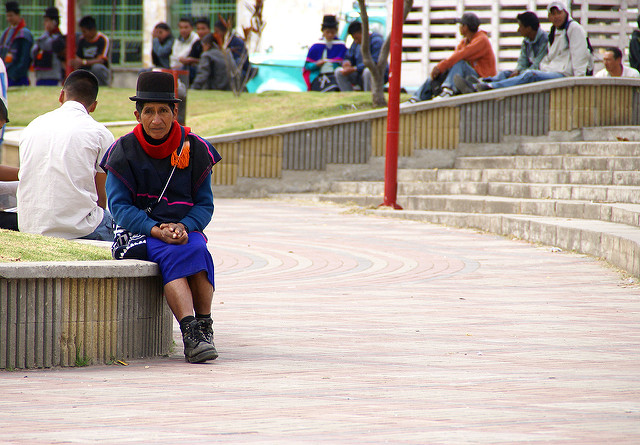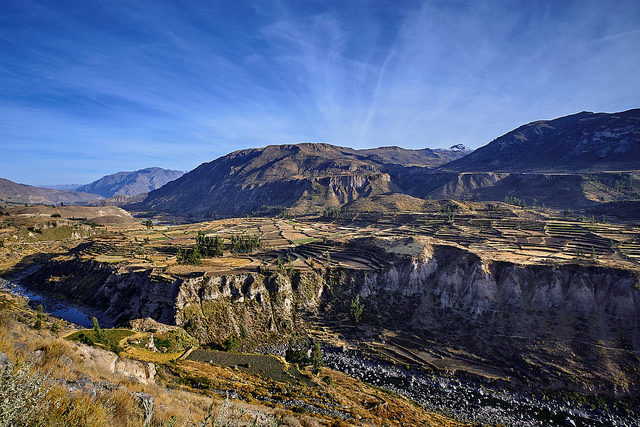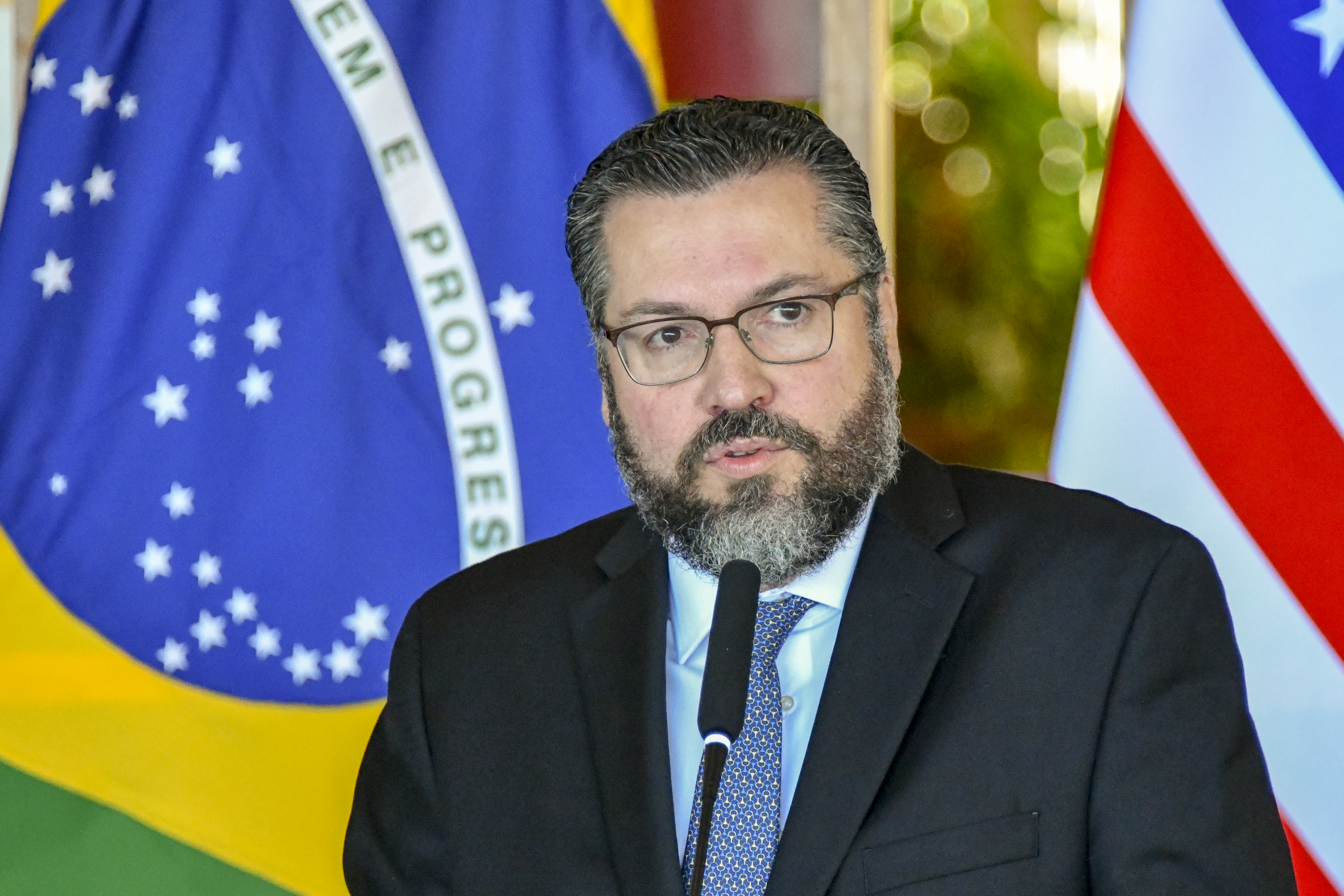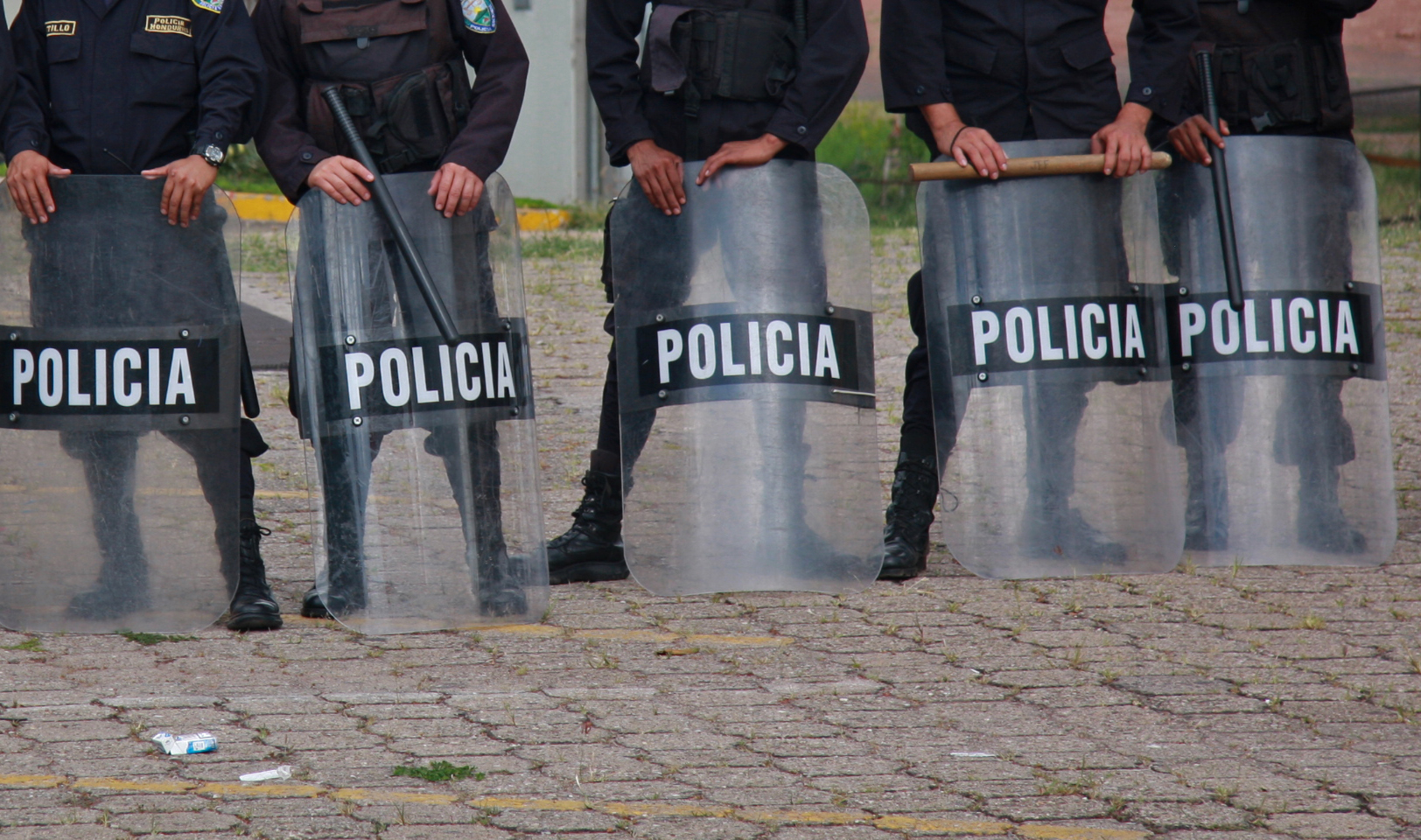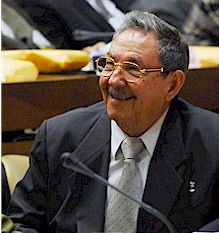
Chile, Latin America: Week in Review
Chilean Miners Sent First Supplies in 18 Days; Families Seeking Legal Action Against Mining Company
August 24, 2010 By Staff
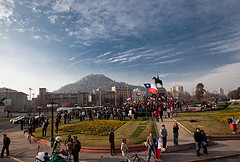
Chileans celebrated the news that the 33 trapped miners are still alive.
Today in Latin America
Top Story — The 33 miners trapped in a collapsed mineshaft in northern Chile were sent the first supplies of water and food Monday, after being trapped underground for 18 days.
Rescue workers sent supplies down a tube after receiving a note attached to a drill on Sunday that all 33 miners were alive and well. The men are trapped 2,300 feet below the surface and are believed to have survived off water deposits and by air from ventilation shafts.
A communication system has been implemented, allowing the miners to be told of the rescue operations and to voice any concerns they have. They have reported that other than one miner’s stomach problems, all the men are in good health.
Doctors and psychological experts are also on hand to keep the miners informed and busy, however they have yet to tell them that it could take up to four months to free them.
“They need to understand what we know up here at the surface, that it will take many weeks for them to reach the light,” Health Minister Jaime Manalich said, according to the Los Angeles Times.
A specialized drill is expected to arrive soon that will be used to create the escape route for the miners, but before it can begin its work it will take two days to set up.
On the surface, the families of the miners are taking legal action against the mining company, which is believed to be having financial difficulties. The company that owns the San José mine has shunned media attention, but has denied any wrongdoing.
“There will be no impunity, and I want to remind you that criminal and civil court cases are now under way,” Chilean President Sebastián Piñera said, according to The Miami Herald. “We are going to investigate to find out who was responsible, and punish those who are found guilty.”
Just Published at the Latin America News Dispatch
- An Afro-Colombian community is facing expulsion to make room for gold exploration. The eviction — originally scheduled for Aug. 18 — has been suspended by the courts twice, but the community’s situation remains precarious. Roque Planas has more.
- While the Obama administration and Congress inch toward loosening travel restrictions against Cuba, the trade embargo remains a firm fixture of U.S. policy toward the island. But the prospect of oil drilling in Cuba is prompting officials and analysts to rethink that policy. Raisa Camargo has the story.
- A new report by the advocacy group National Council of La Raza says that programs allowing local police to enforce immigration law are ineffective and misuse authority. Alison Bowen has the story at her blog, Beyond Borders.
- Documents declassified by the National Security Archive in Washington indicate that the Nixon administration advocated the use of death threats in order to save Dan Mitrione, a U.S. official who was kidnapped and executed by leftist guerrillas.
Headlines from the Western Hemisphere
North America
- California Republicans, eager to reach out to Latino voters as they prepare for upcoming elections, have given up on resolutions endorsing Arizona’s controversial immigration law and restricting undocumented immigrants from using taxpayer-funded services.
- Texas Gov. Rick Perry has accused President Barack Obama of “gambling with American lives” after a bullet believed to be from a gun battle in Mexico hit a building in El Paso.
- A Mexican soldier said that a U.S. citizen attacked an army convoy and was killed when troops shot him in self-defense outside the resort city of Acapulco.
Caribbean
- New Mexico Gov. Bill Richardson, who helped negotiate the release of three Cuban political prisoners during a 1996 visit, was in Havana again Monday to lead a trade mission.
- Hundreds of thousands of Haitians affected by January’s devastating earthquake are expected to obtain work and food through programs funded by $47.5 million in foreign grants.
- International health officials on Monday began monitoring free school breakfasts given to poor students in Dominican public schools after dozens of youngsters fell ill for unknown reasons.
Central America
- Ethical rights body Banana Link called on farm certifiers to challenge farms in Guatemala after allegations of bloody violence and poor levels of pay. According to the organization, violence against banana plantation workers’ union leaders in Guatemala has been escalating.
- The U.S. Coast Guard showed the media a massive cocaine shipment they intercepted off the coast of Honduras on a boat this month; one by one, agents offloaded 88 bales of coke at the Miami Coast Guard base.
- The United States Government, through the Agency for International Development (USAID), signed a public-private alliance with the Salvadoran Foundation for Health and Human Development (FUSAL), Citi El Salvador, and the Gloria de Kriete Foundation to expand a comprehensive nutrition program in the Salvadoran municipalities of San Antonio del Monte and Santa Catarina Masahuat, in the Department of Sonsonate.
- Hard rains have claimed a number of lives in Central America. (Spanish)
Andes
- Colombia’s largest rebel group, FARC, is offering dialogue on the country’s conflict, saying in an Internet posting Monday that it is willing to present its ideas to a forum of South American leaders.
- A Venezuela lawmaker from the ruling party said a shooting at a military base over the weekend that left two officers dead and six soldiers injured is being handled as a civilian crime.
- The Kuntur gas consortium said on Monday that new gas pipelines it plans to build in southern Peru would require up to $3 billion in investments.
- Dozens of biologists and environmental activists rescued two freshwater dolphins Sunday among nine that have been trapped in a river by low water levels for more than a month.
Southern Cone
- Shell started drilling in the Tupi Oil Field off the Brazilian coast, the largest oil field discovered in the Americas in three decades.
- British journalist and former Buenos Aires Herald editor Robert Cox was made an honorary citizen of Buenos Aires for his coverage of disappearances following Argentina’s 1976 military coup.
- Uruguay’s Central Bank president said he expected the country’s credit rating to return to investment grade in two years following the economic crisis of 2002.
- The majority of Paraguayans in an Ati Snead poll said they thought President Fernando Lugo was doing an “average” job since he took office in 2008.
Image: jikatu @ Flickr.
